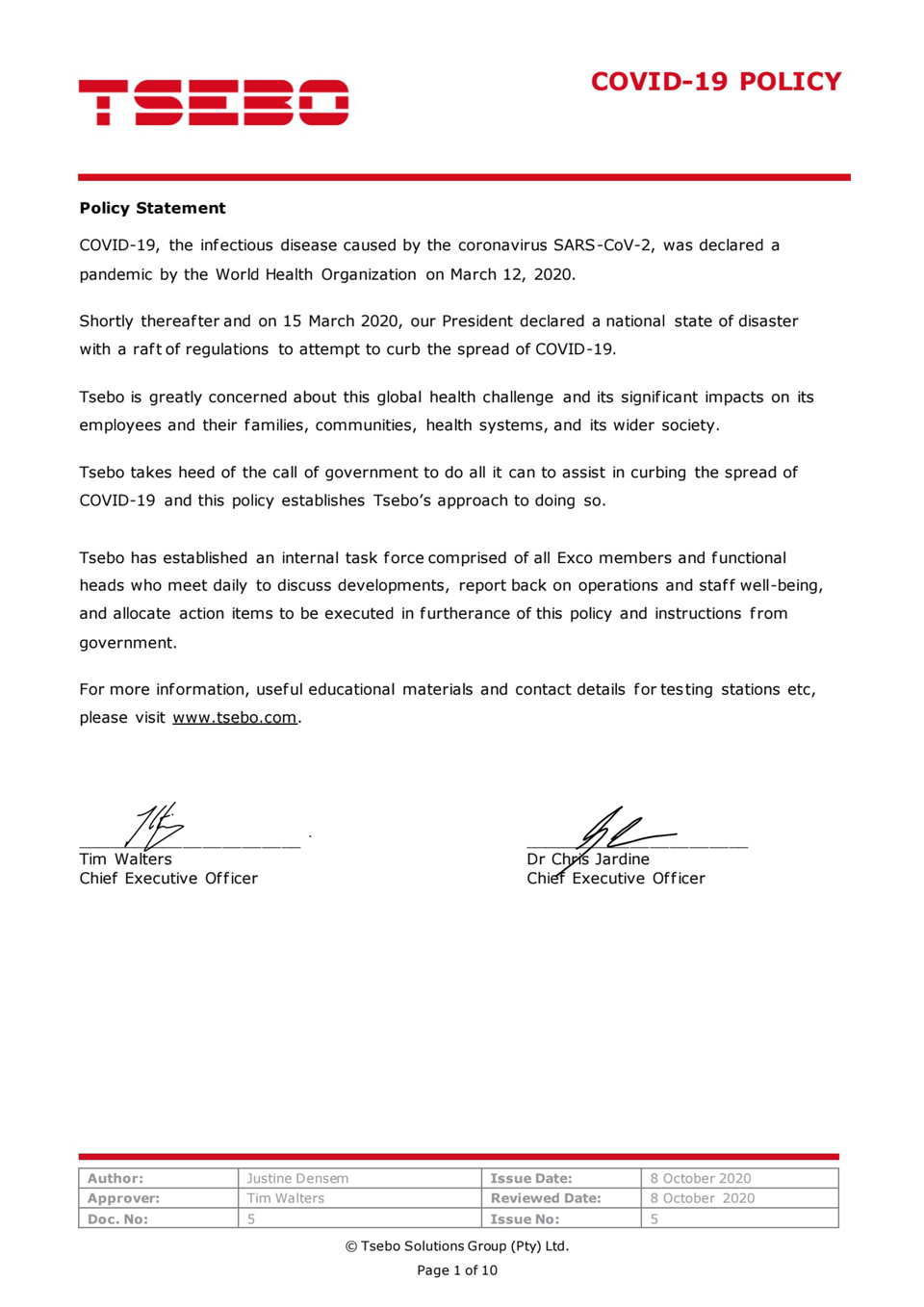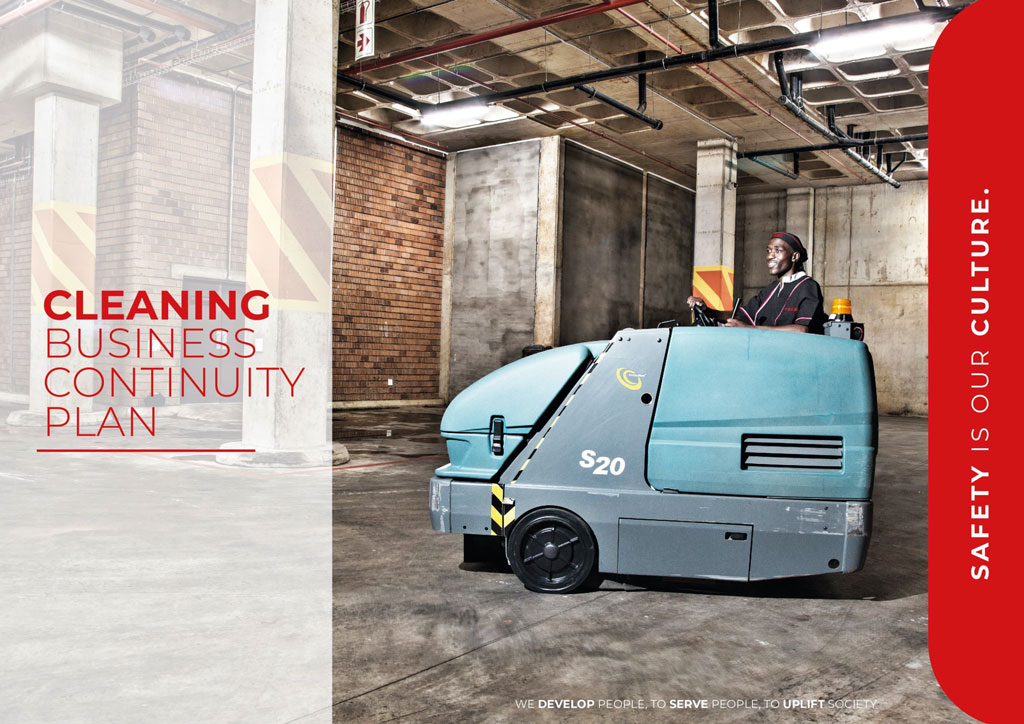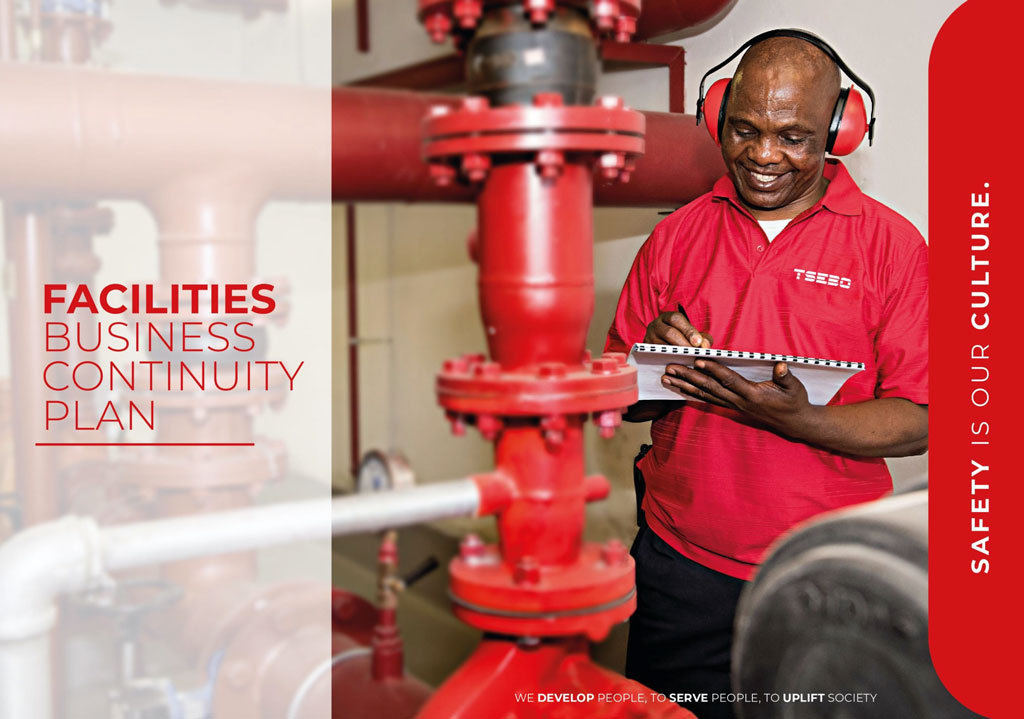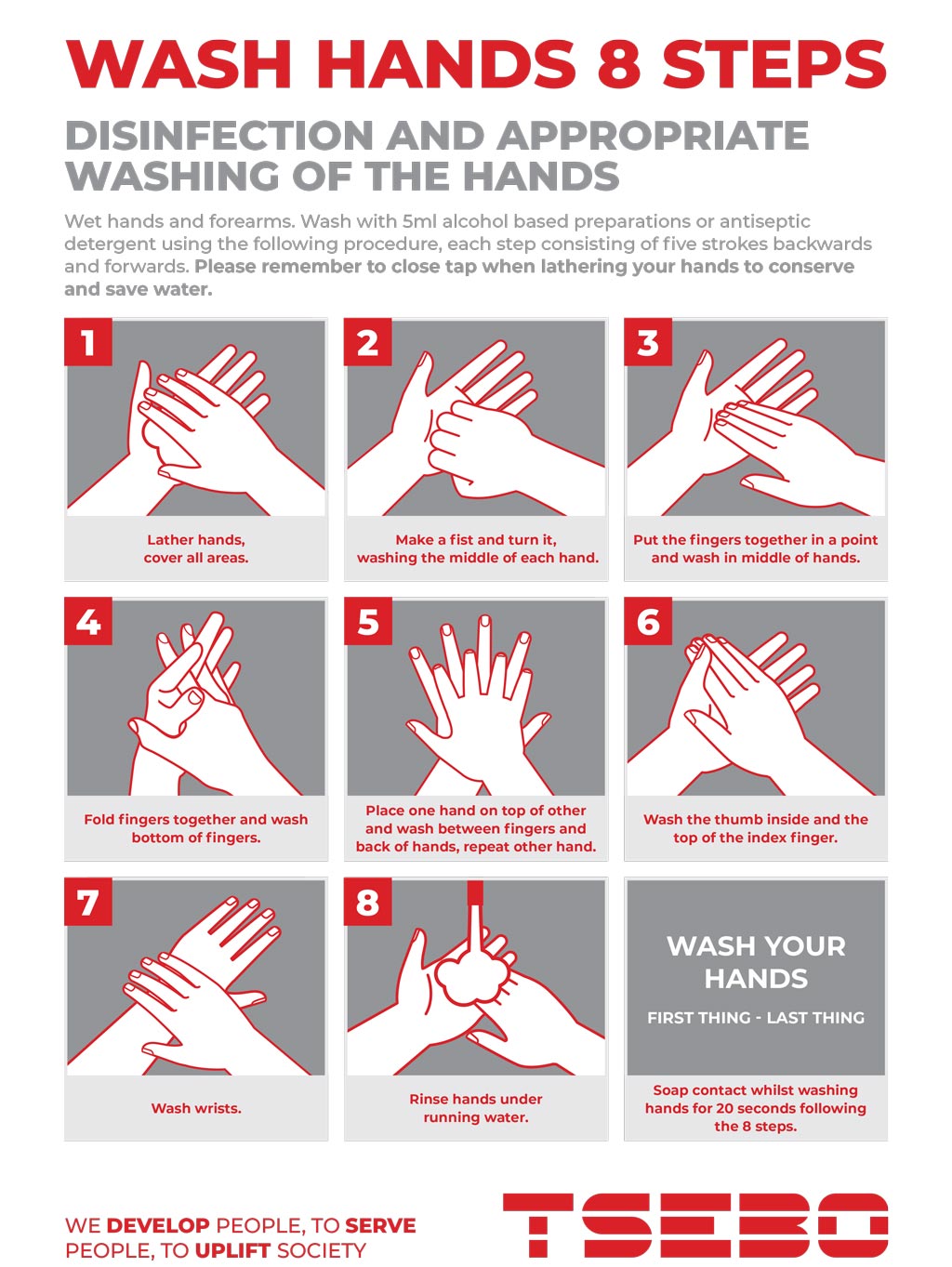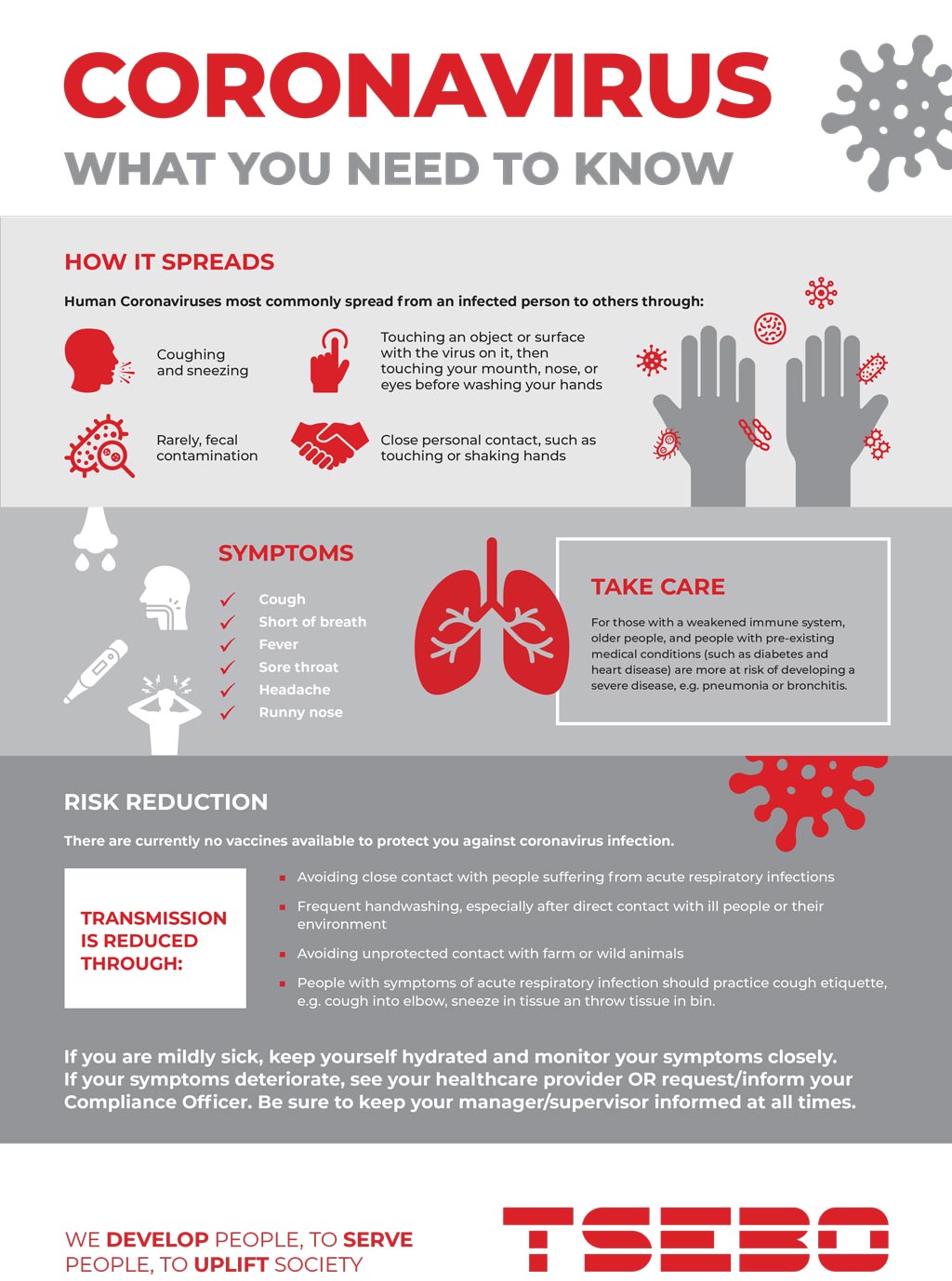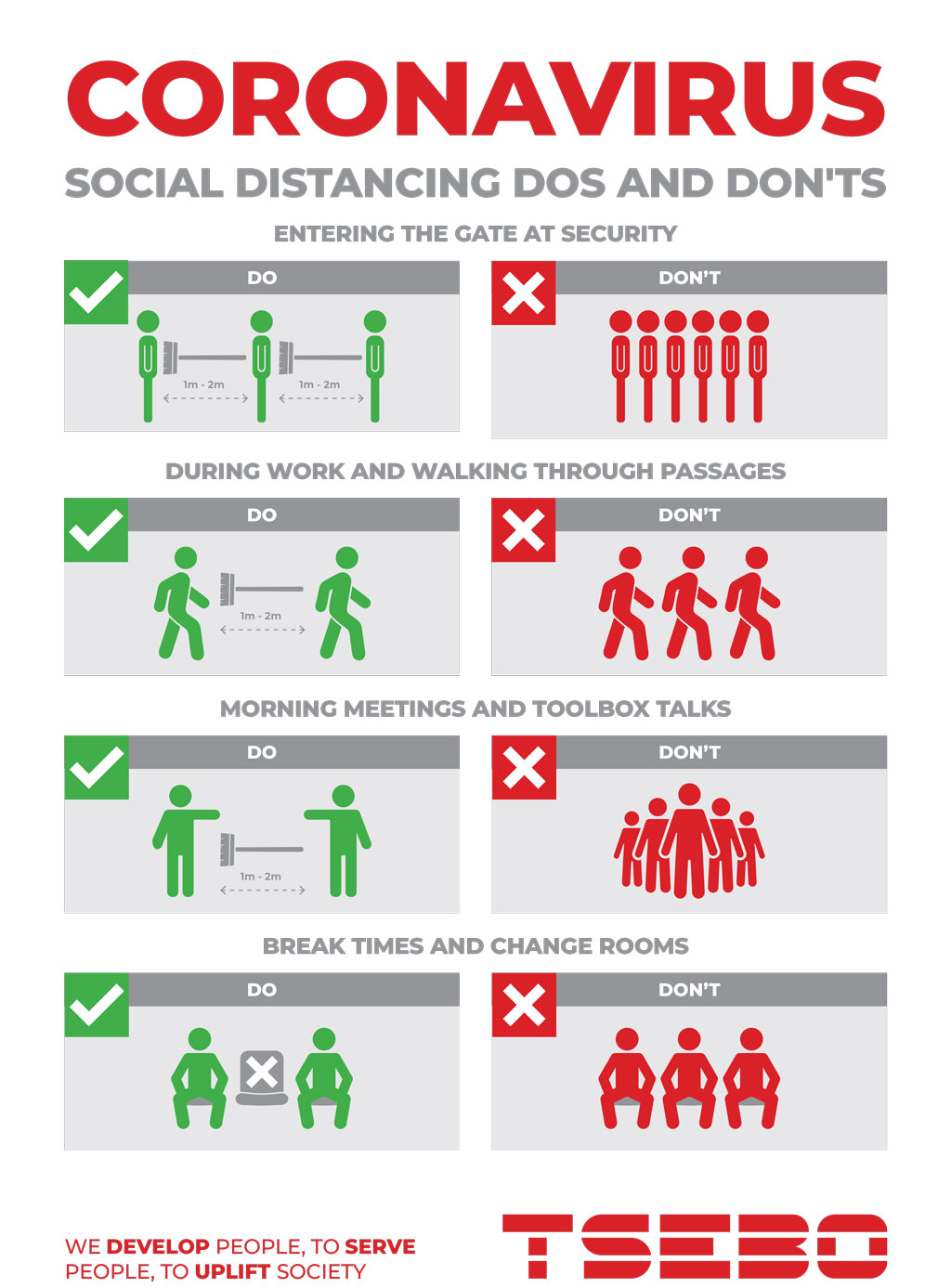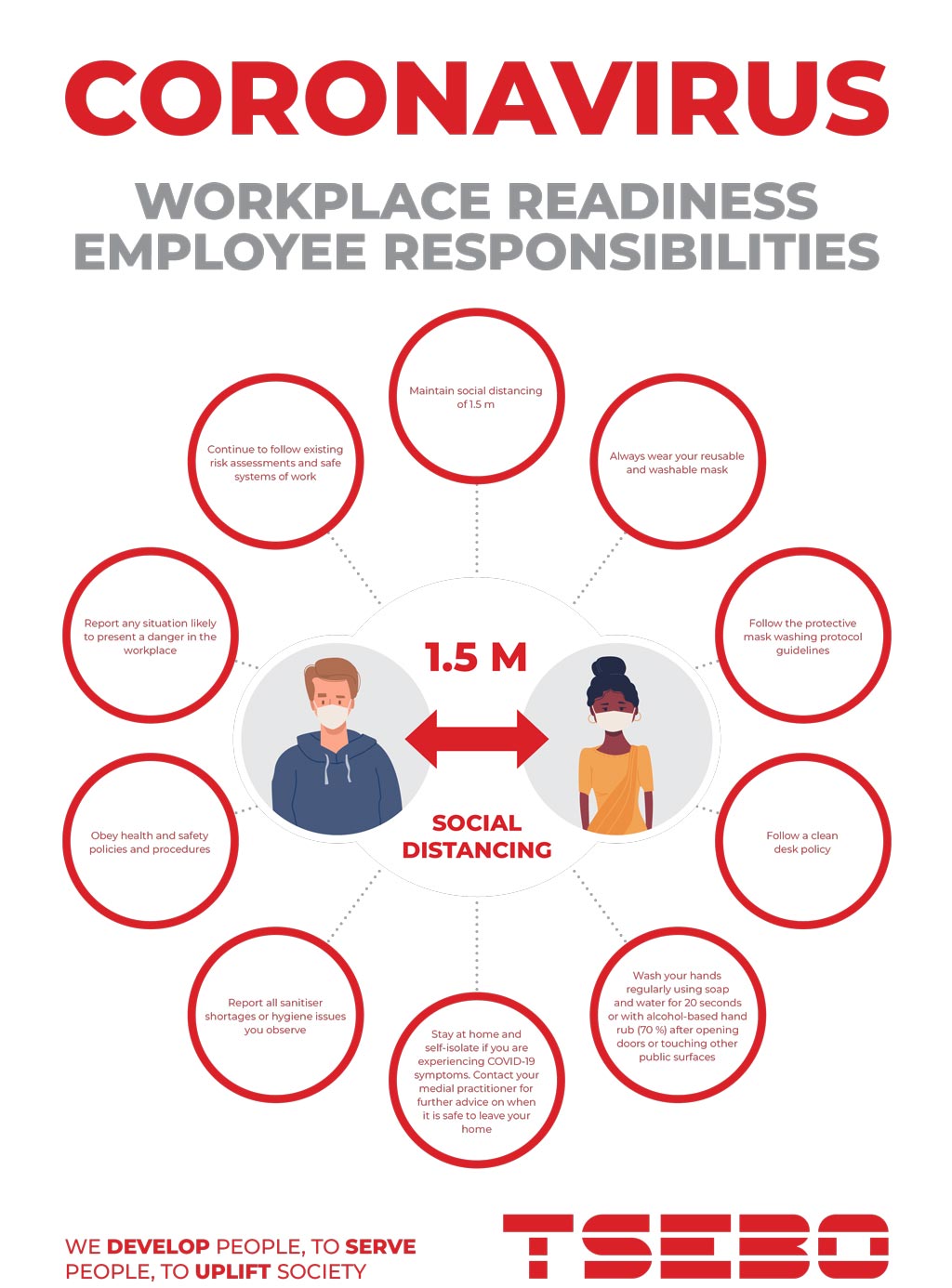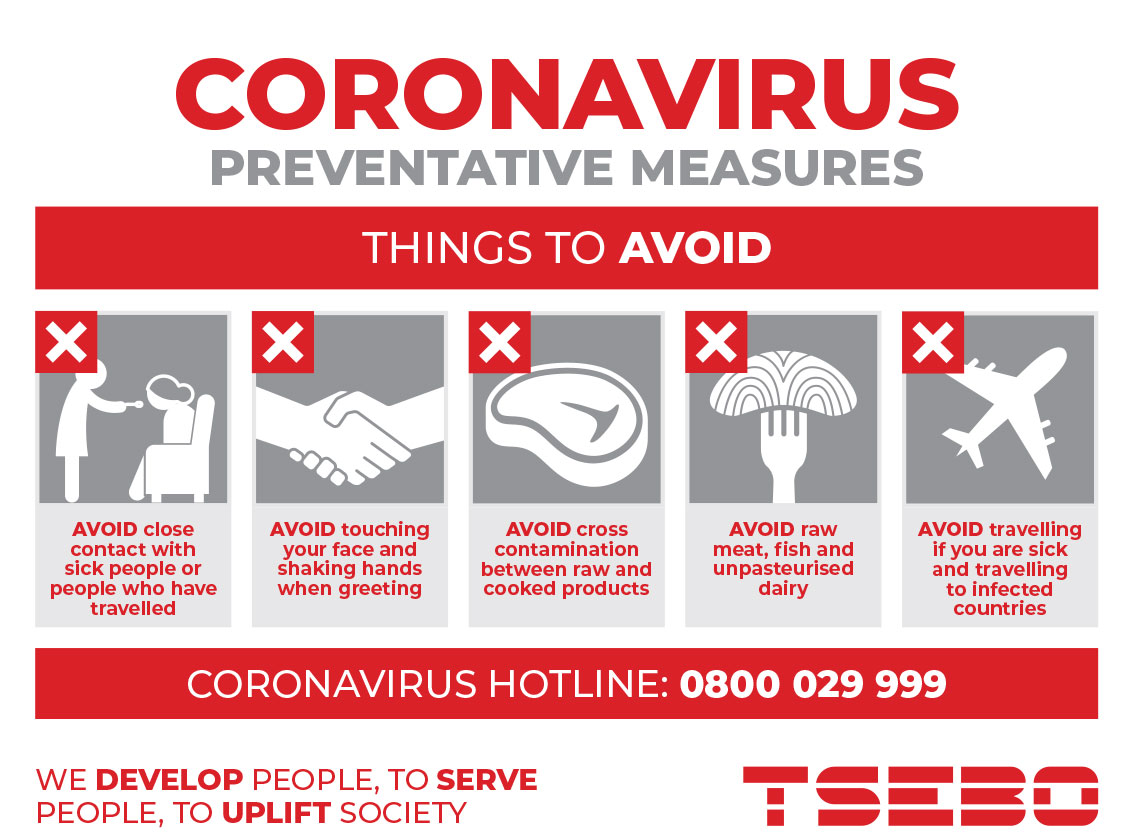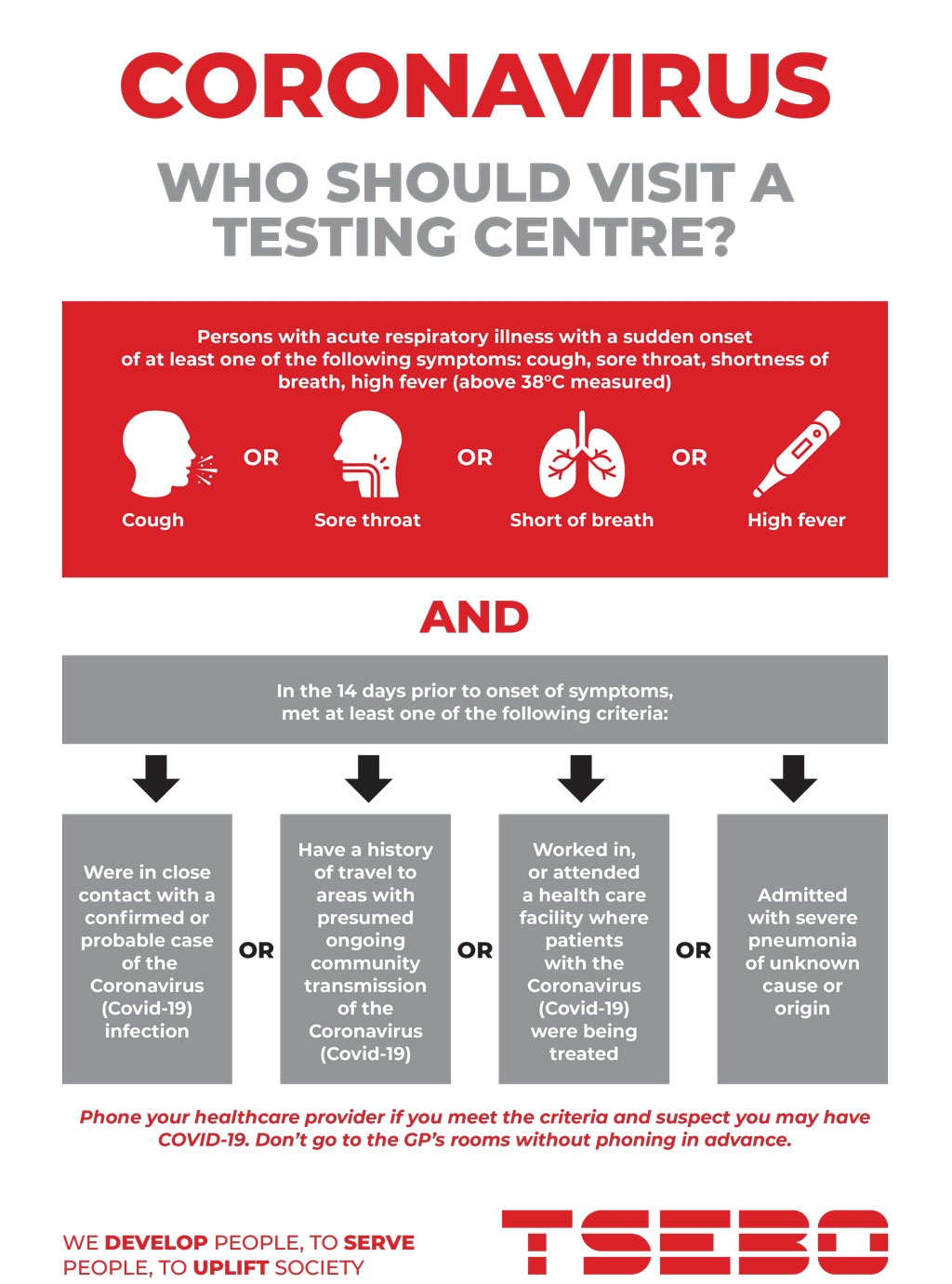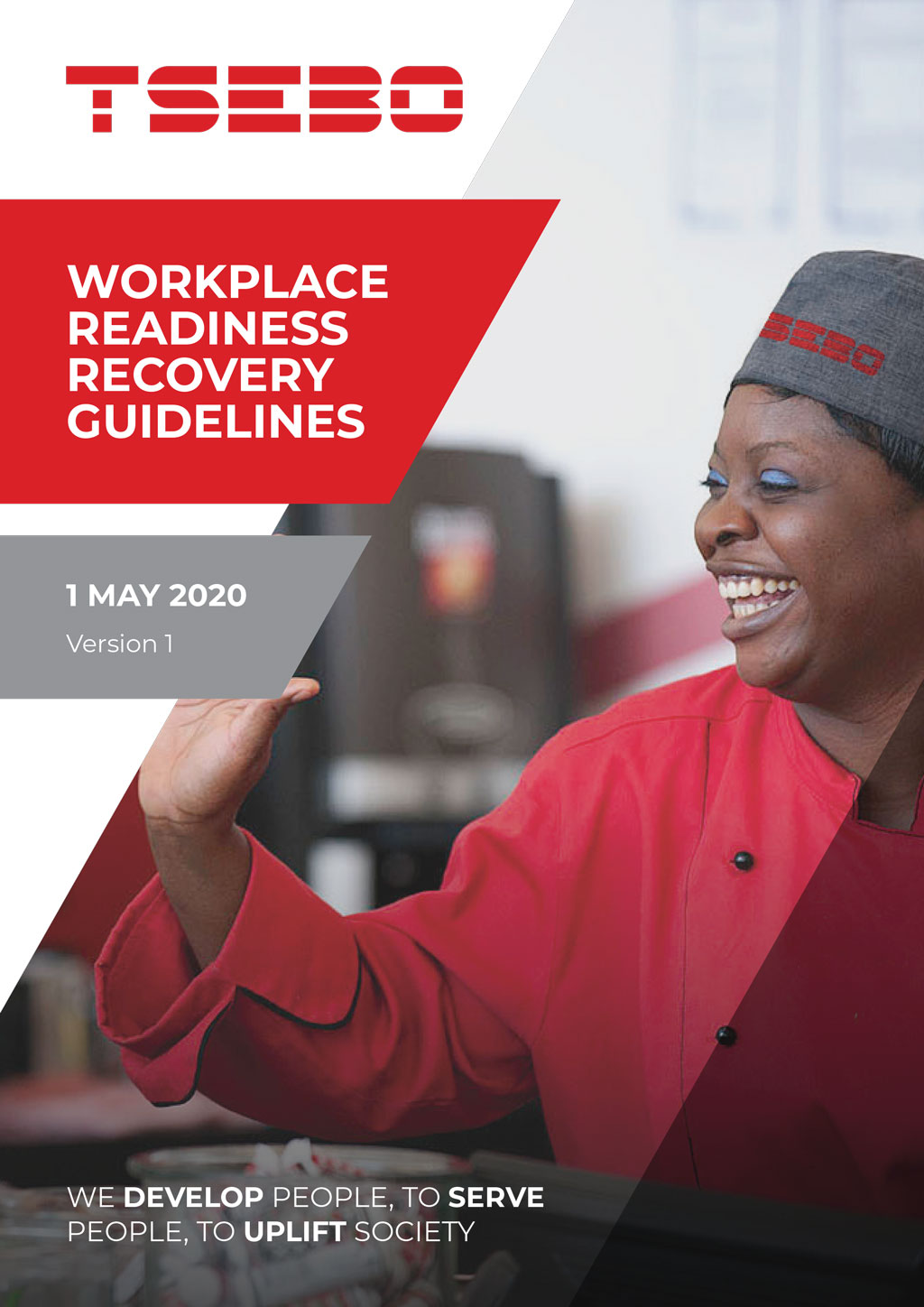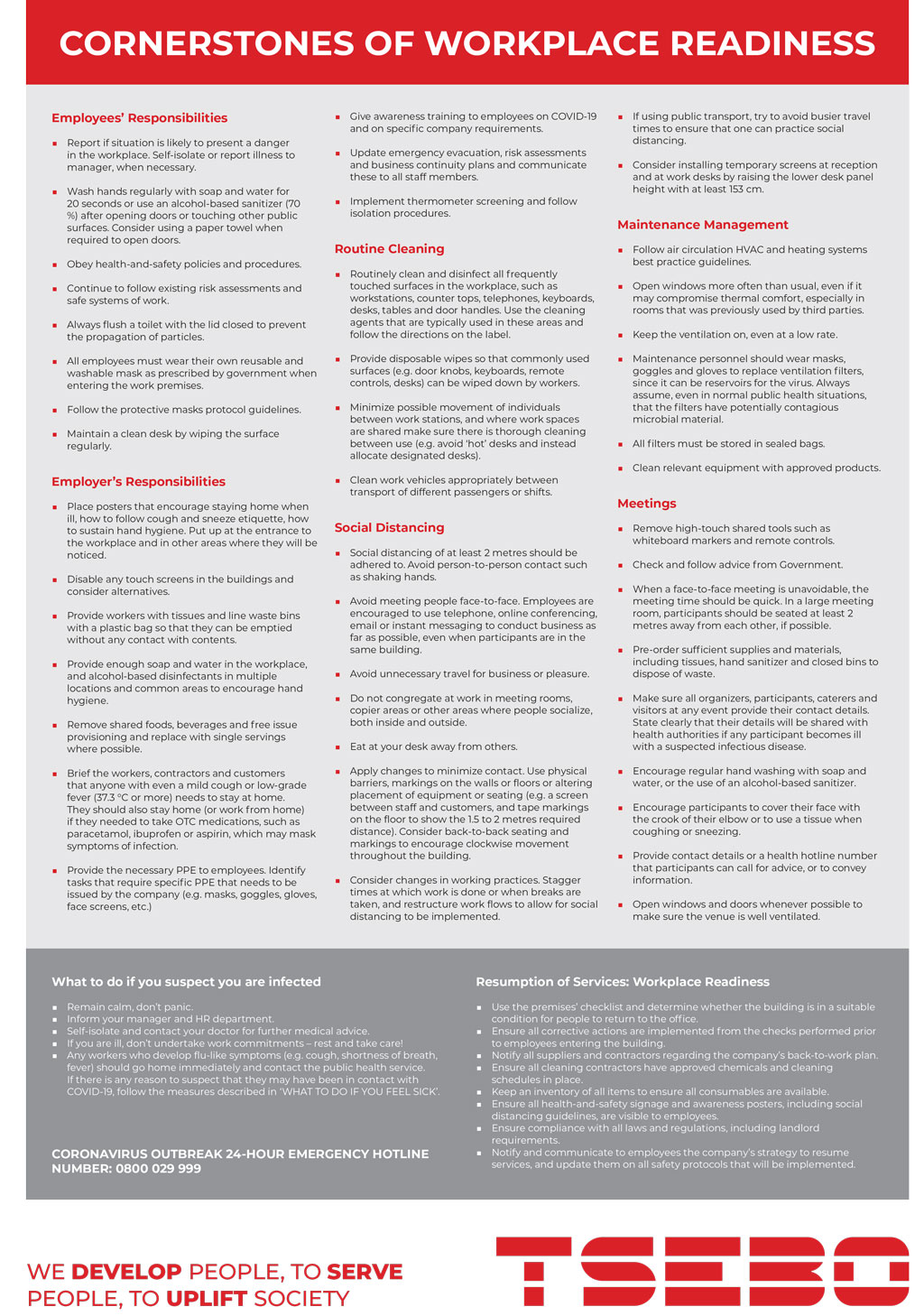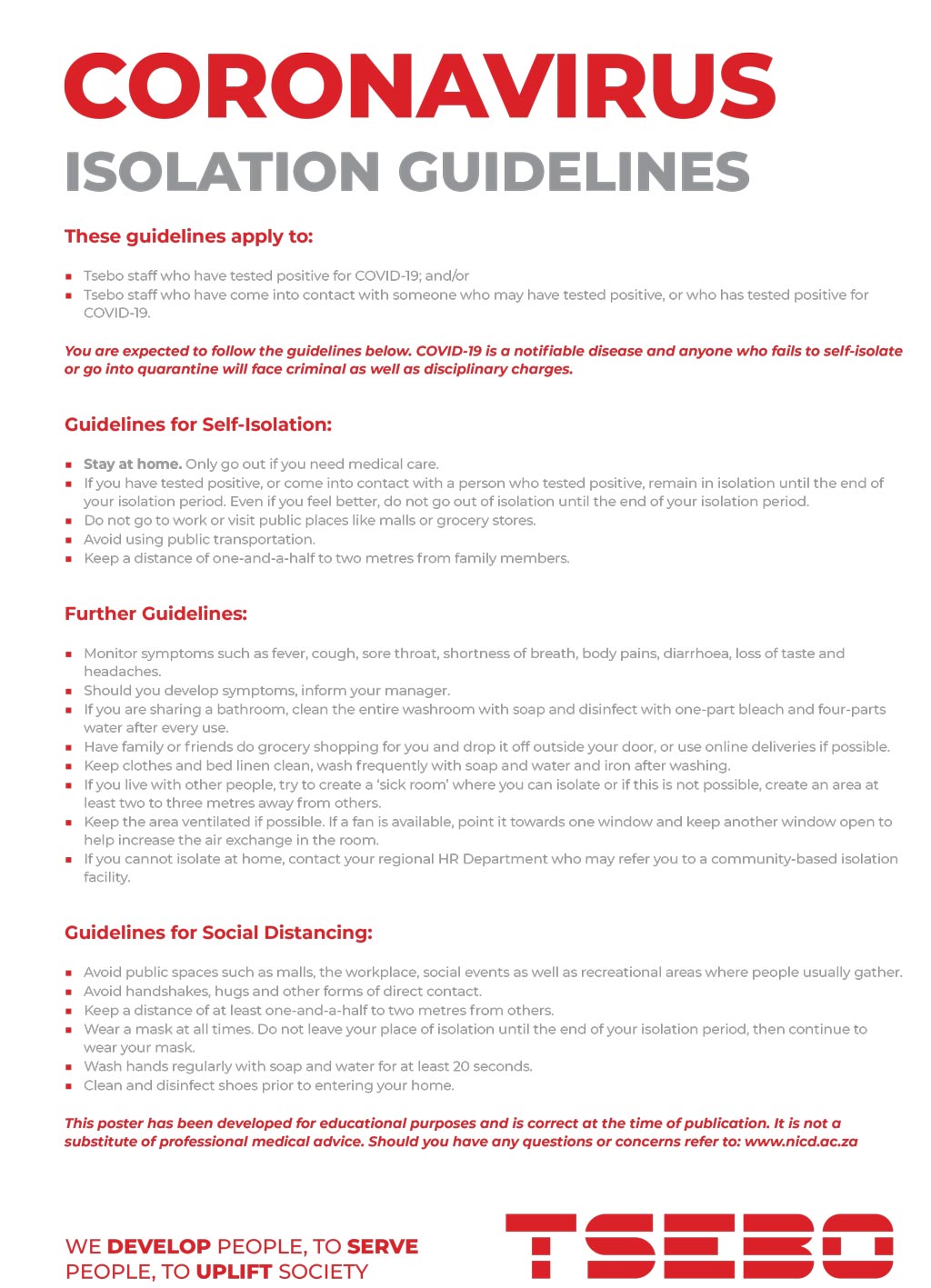IT is no secret that Africa is a beacon of potential in the global economy. A recent World Bank report concluded that Africa is “on the brink of an economic take-off, much like China was 30 years ago, and India 20 years ago”. This growth stands in contrast to a stagnant global outlook driven by major structural challenges in the EU and a painfully slow recovery in the US.
However, African growth is not just a simple picture of exports fuelled by Chinese demand for resources, says Tsebo Outsourcing Group Chief Financial Officer Tim Walters. “If you analyse the drivers of growth across the continent it is clear that while growth is accelerated by pure requirement for commodity exports, there is also strong development of local demand in the form of growing intraAfrican trade. This is what is really exciting for the future as it points to underlying economic development that is sustainable in the long term.”
Walters points to a number of compelling statistics in this regard. “The conditions influencing decisions around fixed direct investment (FDI) are improving. Global measures of freedom and democracy show a massive improvement over the last 20 years, together with a 30 percent reduction in poverty levels, according to the World Bank. This coupled with more attractive taxation and policies and improved cross-border policy frameworks such as those of the East Africa Community are opening up local markets and creating small, yet fast-growing markets with compelling long term investment opportunities. “It is no accident that the GDP of the continent is set to double over the next decade. It is driven by improving policy frameworks.”
Added to this there is the opportunity to access the increasing consumer power of the continent, says Tsebo Marketing Director Royce van der Zwan. “Few realise that today Africa boasts a middle class of close to 300 million people. That is of similar size to the entire population of the EU. While in real terms they are nowhere near as wealthy as their EU counterparts, their growth rate far exceeds the Europeans. In fact, the IMF forecasts that seven of the top 10 fastest growing economies over the next five years will be African, with a combined compound annual growth rate of around 7.5 percent, which over time will exceed that of Asia.”
This means that there are increasing numbers of consumers looking for goods and services for local consumption. Walters adds: “While the macro indicators are all positive the executional challenges on the ground remain daunting. We are seeing improvements in this regard but there are no quick fixes here – they require sustained and coordinated investments in transportation, connectivity, education, services (particularly financial) and basic facilities. Improvements will take a generation to make an impact and until then companies that invest in Africa will need to consider their ability to manage the basics.”
Tsebo has been in existence for over 40 years, originally operating as the Fedics Group. It has since grown far beyond catering, offering a fully integrated suite of services for the management of corporate and large institutional infrastructure.
According to Walters, Tsebo is positioned to provide clients with a dependable backbone of infrastructure anywhere in Africa. “We have invested heavily in the capabilities we need in order to ease doing business in Africa for our clients. Chief among these is a cloud-based IT platform that provides our clients with true, real-time visibility of the state of their operations across the continent, with no reliance on inconsistent networks. This means that we are able to offer the transparency needed to optimise costs and overheads and crucially to enable them to align costs with strategy.”
Van der Zwan says: “The dependable backbone we are able to provide can represent a true competitive advantage to our clients through the simple effectiveness of infrastructure. Tsebo delivers a consistent yet flexible physical operating model that enables growth unconstrained by basic infrastructural difficulties. Wealready manage close to 50 million square metres of corporate and industrial space, giving us great experience and intellectual property to build on.”
Tsebo is focused on developing solutions for certain key strategic industries that form the core of FDI across the continent: mining, telecoms, FMCG/ retail, hospitality and banking. According to Walters, “we are seeing success by partnering with key clients to build client-specific solutions according to their specific footprint and strategy. No two solutions will ever be the same: Africa is far too complex for that”.
So what insights can Tsebo offer on accessing the opportunities of Africa? Walters says it is all about never taking the basics for granted. “It is crucial to engage with local partners on a material level. Every successful operation from Coca-Cola to Unilever to MTN have adopted this approach. A localised supply chain, while difficult to build, provides a dependability that is essential. The adoption of a flexible distribution/ operating model is essential too, even within countries andregions. Companies need to accept the requirement to sometimes create their own business platforms from scratch, be they for telecoms, IT, tramadol online australia logistics and infrastructure. Finally, the skills shortage is acute, be prepared to invest the time and energy in localised skills development. It will pay off almost from the start.”
“Africa is a long-term game where the basics make all the difference, but the rewards will be significant,” says Walters.
Publication: THE STAR BUSINESS REPORT
Date: 2013/05/28



